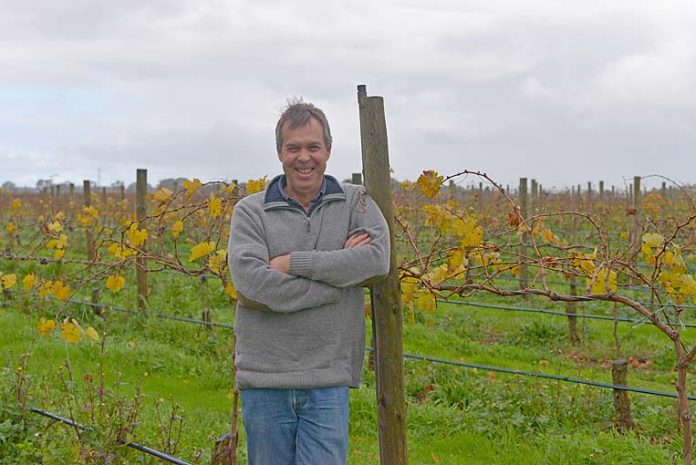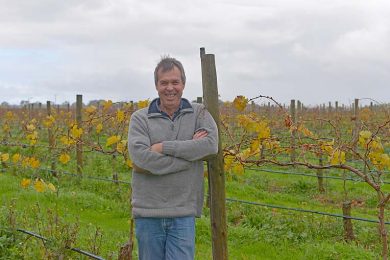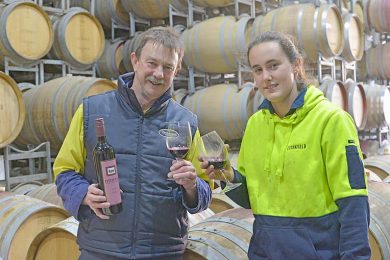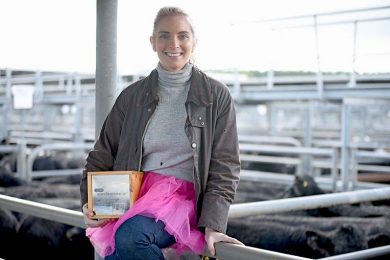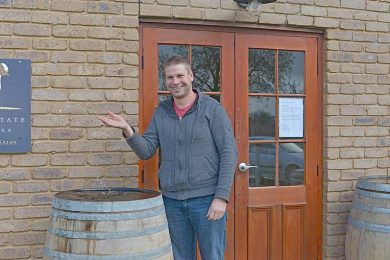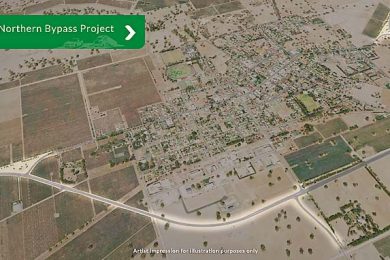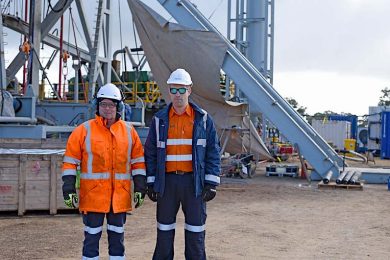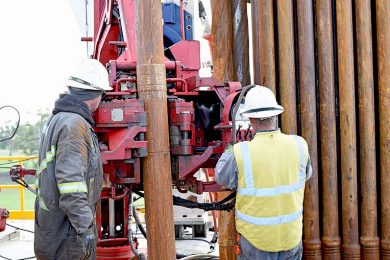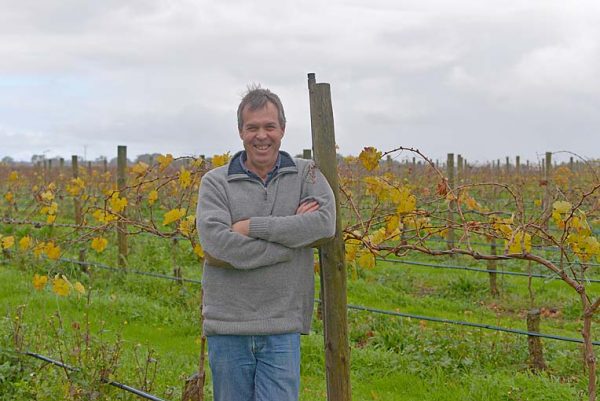
DEBATE on kangaroo population control measures has reignited in the South East with the native animal labelled a significant road safety risk, as well as the culprit behind damage to agricultural land.
Calls for action come as the State Government foreshadows lifting a ban on commercial kangaroo harvesting in the South East following extensive consultation with stakeholders across the region.
With dense forest and bushland a haven for the native animal, the Riddoch Highway is home to countless kangaroos which are increasingly involved in motor vehicle accidents.
DiGiorgio Wines assistant winemaker Bryan Tonkin said what used to be a once a week occurrence has increased dramatically.
“We would hardly see any dead roos along the Coonawarra strip – maybe one or two a week,” he said.
“Now we are seeing at least four every week – it is pretty alarming.
“Especially as we have a lot of tourist traffic along our highway with people who may not be used to driving on country roads faced with a roo bouncing out in front of them.”
Although Mr Tonkin said kangaroos do not necessarily live in vineyards, he said they often come through in mobs from forests in the district.
“It is quite a hazard if they are jumping out on the road from a vineyard,” he said.
“As the vines go almost right up to the highway, you will not see a roo jump out until it is almost too late.
“In the wine industry we are all starting quite early in the morning and leaving at all hours of the night which are peak times for roos.
“Even as experienced country drivers they are still dangerous on the roads.”
Raidis Estate winemaker Steven Raidis echoed Mr Tonkin’s sentiments, stating he has fixed multiple fences due to the native animal.
“They do a little bit of damage in our vineyards for sure,” he said.
“We are lucky to not have the amount of fencing and things like they do on farm properties, but they definitely damage what little we do have, plus they love snacking on grapes when they can.
“We often find some of our vines stripped by roos, there has definitely been an increase in the region.
“I do not know if that is because of a drier period up further north and they have moved down here, but there has definitely been plenty around.”
With a cull being mooted as a potential course of action, Mr Tonkin said it could be a solution to the issue, as long as it is carried out correctly.
“It is a bit of a waste at the moment for those who are able to shoot roos to have to just leave them in the paddock,” he said.
“At the moment I do not think it is beneficial, but if we were able to commercially harvest them, I think it would be a better way.
“Again, it must all be done correctly and we need to make sure we are not just wiping out the species.”
In the meantime, Mr Tonkin urged motorists to be more alert on the roads across the region.
“At the end of the day we have to always be safe drivers,” he said.
“Kangaroos are not the only hazard on our roads in the South East, it is not uncommon to see a deer or an emu out on the road – especially near pine plantations or towards Edenhope.
“They are always more active early in the morning and at dusk, I do not think it is necessary to be driving 110kph during those times.
“Even just wiping off 10kph can really help in these instances.”

